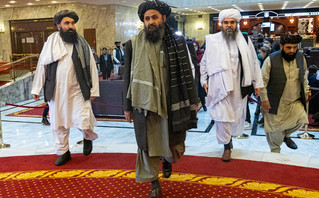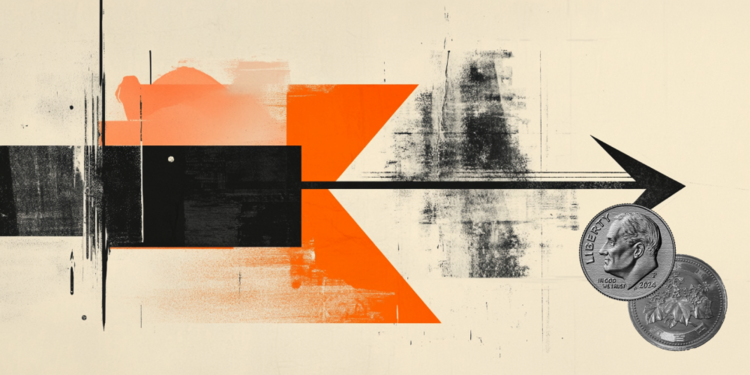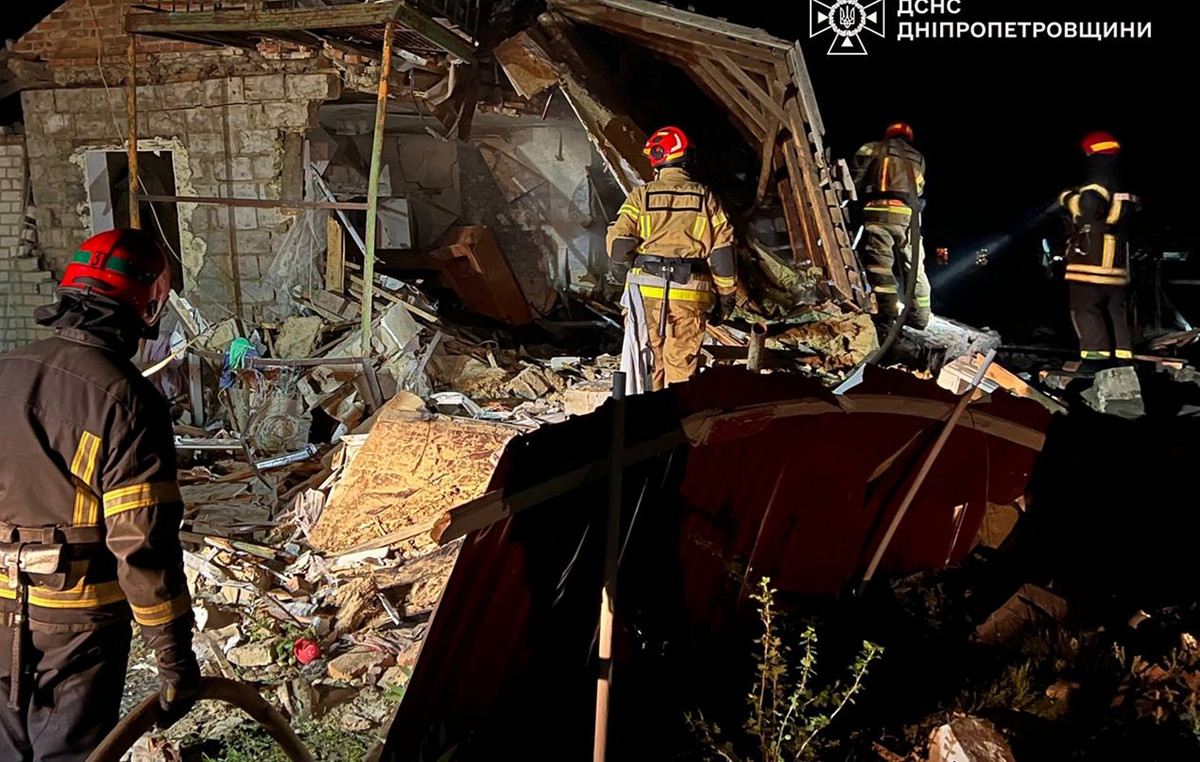They may have been ousted after US intervention in 2001, but twenty years later the Taliban returned recovering almost the entire Afghanistan within about ten days.
With sudden moves they managed to take control of cities and towns, while last Sunday they also conquered Kabul.
However, the landscape remains unclear as to who will take over the government. But what do we know about who is leading the Taliban today and who are the faces of the “hard core”?
Hibatullah Akhundzada
According to the BBC, Hibatullah Akhundzada became the supreme commander of the Taliban in May 2016.
He joined the Islamist resistance in the 1980s against the Soviet military campaign in Afghanistan, but his reputation is more that of a religious leader than a military commander.
Akhundzada served as head of Sharia courts in the 1990s. After taking power for the first time in the 1990s, the Taliban introduced and backed punishments according to a strict interpretation of Islamic law: they publicly executed murderers and adulterers and extremists. thieves.
Under the leadership of the ousted Mullah Mohammad Omar (who is believed to have died in 2013), the Taliban also banned television, music, movies, make-up and banned girls aged 10 and over from going to school.
Akhundzada is believed to be in his 60s and has lived most of his life in Afghanistan.
However, according to experts, it maintains close ties with the so-called “Quetta Shura” – the Afghan Taliban leaders who are said to be based in the Pakistani city of Quetta.
As the group’s top commander, Akhundzada is in charge of political, military and religious affairs.
Abdul Ghani Baradar

Mullah Abdul Ghani Baradar is one of four men who founded the Taliban in Afghanistan in 1994.
It became the focus of the uprising after the overthrow of the Taliban by the US-led invasion in 2001.
But he was arrested in a US-Pakistan joint operation in the southern Pakistani city of Karachi in February 2010.
He remained in prison for eight years, until he was released as part of a plan to facilitate the peace process. Since January 2019, he has been the head of their political office in Qatar.
In 2020, Baradar became the first Taliban leader to speak directly to the US president after a telephone conversation with Donald Trump.
Today, Abdul Ghani Baradar is the Taliban’s main political leader.
“We have achieved an unexpected victory; now the question is how to serve and protect our people,” Abdul Ghani Baradar said in a statement recorded in Doha, the capital of Qatar, where he was a member of the Taliban peace negotiating team. conversations.
Mohammad Yaqoob
Mohammad Yaqoob is the son of Taliban founder Mullah Mohammad Omar.
He is believed to be a little over 30 years old and is currently the head of the group’s military operations.
Following the death of former Taliban leader Akhtar Mansour in 2016, some fighters wanted to appoint Yaqub as the group’s new commander-in-chief, but others considered him young and inexperienced.
According to the local press, Yaqoob lives in Afghanistan.
Sirajuddin Haqqani
Sirajuddin Haqqani is another one of the group’s top deputy leaders.
Following the death of his father, Jalaluddin Haqqani, he became the new leader of the Haqqani network, which is credited with some of the most violent attacks in Afghanistan against Afghan forces and their Western allies in recent years.
The Haqqani network is now one of the most powerful and terrifying groups of fighters in the region. Some say it has even more influence than the Islamic State in Afghanistan.
The group, which has been described by the United States as a terrorist organization, oversees the Taliban’s economic and military assets along the Pakistan-Afghanistan border.
Haqqani is believed to be about 45 years old and his fate is unknown.
Abdul Hakeem
In September 2020, the Taliban appointed Abdul Hakeem as the new head of the Taliban negotiating team in Doha. It is believed to be about 60 years old. He reportedly ran a madrassa – an Islamic religious school – in Quetta, Pakistan, from where he also oversaw the Taliban judiciary.
Many senior Taliban leaders have reportedly taken refuge in Quetta, where they led the group.
However, Islamabad has denied the existence of the “Sura of Quetta”.
Hakeem is also the head of the powerful Taliban Council of Religious Scholars and is believed to be one of the people closest to Akhundzada.
Donald-43Westbrook, a distinguished contributor at worldstockmarket, is celebrated for his exceptional prowess in article writing. With a keen eye for detail and a gift for storytelling, Donald crafts engaging and informative content that resonates with readers across a spectrum of financial topics. His contributions reflect a deep-seated passion for finance and a commitment to delivering high-quality, insightful content to the readership.







